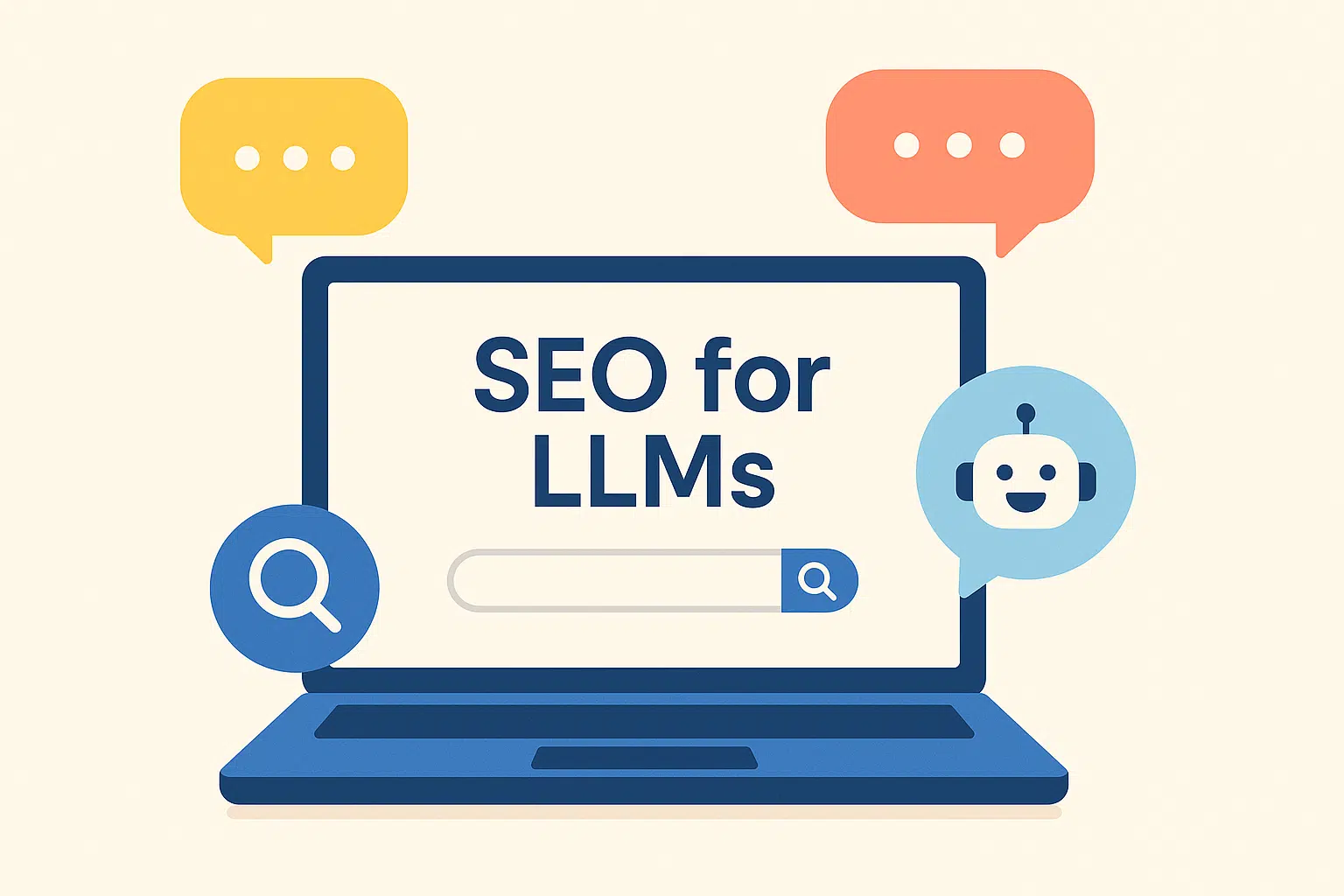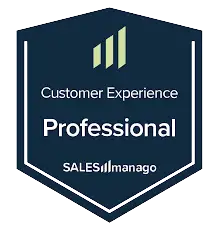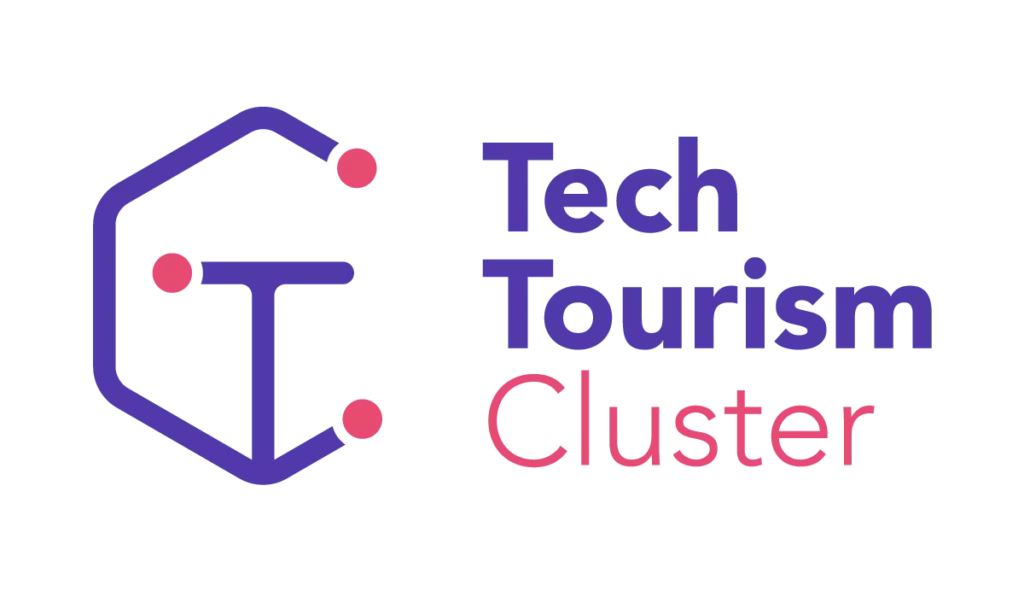In the world of digital marketing, search engine optimization (SEO) has always been essential for gaining visibility on Google and other search engines. However, a new frontier is emerging: SEO for LLMs (Large Language Models). These models — such as ChatGPT, Google Bard, or Bing Chat — are transforming how users get information by delivering direct, AI-generated responses. In this beginner-friendly article, we’ll explain what SEO for LLMs is, why it matters, and how you can start implementing it in your strategy.
What is SEO for LLMs?
SEO for LLMs refers to a set of techniques and practices aimed at making your website content easily understandable and usable by large language models. In other words, it’s not just about optimizing for Google’s algorithm anymore — it’s also about making sure advanced virtual assistants and AI chatbots can find, interpret, and ideally include your content in the responses they generate for users.
LLMs are AI systems trained on massive volumes of text. Tools like ChatGPT and Google Gemini can answer questions by generating coherent, natural-sounding text. Traditionally, SEO focused on ranking in search engine results (the “blue links”). Now, we also need to think about how to “appear” in AI-generated answers. LLM SEO includes everything from adapting the tone and format of your content to using structured data that machines can process easily.
Why is LLM SEO important?
The importance of optimizing for LLMs lies in how user behavior is evolving. More and more people are asking complex questions to voice assistants and AI chatbots instead of typing keyword-based queries into search engines. Platforms like ChatGPT, Bing with AI, or Google’s new Search Generative Experience (SGE) are capable of delivering direct answers — sometimes without users ever clicking a link.
According to Gartner, traditional search volumes could drop by up to 25% by 2026 as AI-driven engines take over more queries. That means if your content isn’t accessible or understandable to LLMs, you risk becoming invisible to a growing segment of your audience. On the other hand, being an early adopter of LLM SEO gives you a competitive edge as a trusted source within these AI-generated responses.
It’s also worth noting that Google and others are integrating generative AI directly into their services. Just as we saw Answer Engine Optimization (AEO) emerge to optimize for featured snippets and voice assistants, now we have Generative Engine Optimization (GEO), which focuses on optimizing your content to be cited or paraphrased by generative AI tools. In short, SEO is evolving: it’s no longer just about ranking — it’s about being understood and trusted by intelligent machines.
How to get started with LLM SEO
This field is still developing, but here are some foundational steps you can take to begin optimizing for LLMs:
- Create clear, question-focused content: Develop pages that directly answer common user questions. A conversational tone — such as using FAQ formats — makes it easier for AIs to identify useful information. Anticipate what your audience might ask a chatbot and provide precise, concise answers.
- Use clear structure and well-organized data: Incorporate headers (
<h2>,<h3>), bullet points, and structured data (e.g., FAQ Schema) to provide context. Clean, semantic structure helps AIs quickly extract relevant content. - Ensure content is accessible to AI crawlers: Just like
robots.txtguides traditional crawlers, a new file format —llms.txt— is emerging to help AI models understand your most valuable content. Placing this in your site root may offer a future advantage. - Maintain content quality and authority: Language models prefer to use content from reputable, well-documented sources. Follow classic SEO principles: publish original, up-to-date, high-quality content that demonstrates your expertise. The more trustworthy your brand is, the more likely AI is to reference your site in its responses.
By applying these principles, you’re laying the groundwork for your content to be visible not only in search engines but also in AI-driven experiences shaping the future of digital discovery.
Emerging Trends: AEO and GEO
LLM SEO overlaps with two emerging areas in digital marketing. Answer Engine Optimization (AEO) focuses on optimizing content to appear in featured answers — like Google snippets or voice assistant results. Generative Engine Optimization (GEO) goes a step further, helping your content become the source AI tools pull from when generating answers.
These trends are reshaping SEO. It’s no longer just about keywords — it’s about understanding user intent and ensuring AI tools can access and trust your answers. You don’t need to master all of this today, but staying informed is key. At Mindset Digital, we closely monitor these innovations to help our clients stay ahead of the curve.
Conclusion
SEO for LLMs is the new frontier of digital visibility. Just as we adapted strategies for mobile and voice search in the past, it’s time to embrace the shift toward AI-driven queries. Starting with high-quality, well-structured, user-focused content is essential. Brands that adapt early will gain an edge in today’s evolving digital landscape.
Want to stay updated on SEO, AI, and digital strategy trends? Subscribe to the Mindset Digital newsletter for exclusive insights and resources to help you lead in the age of artificial intelligence.








